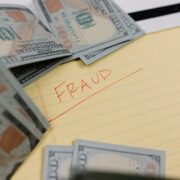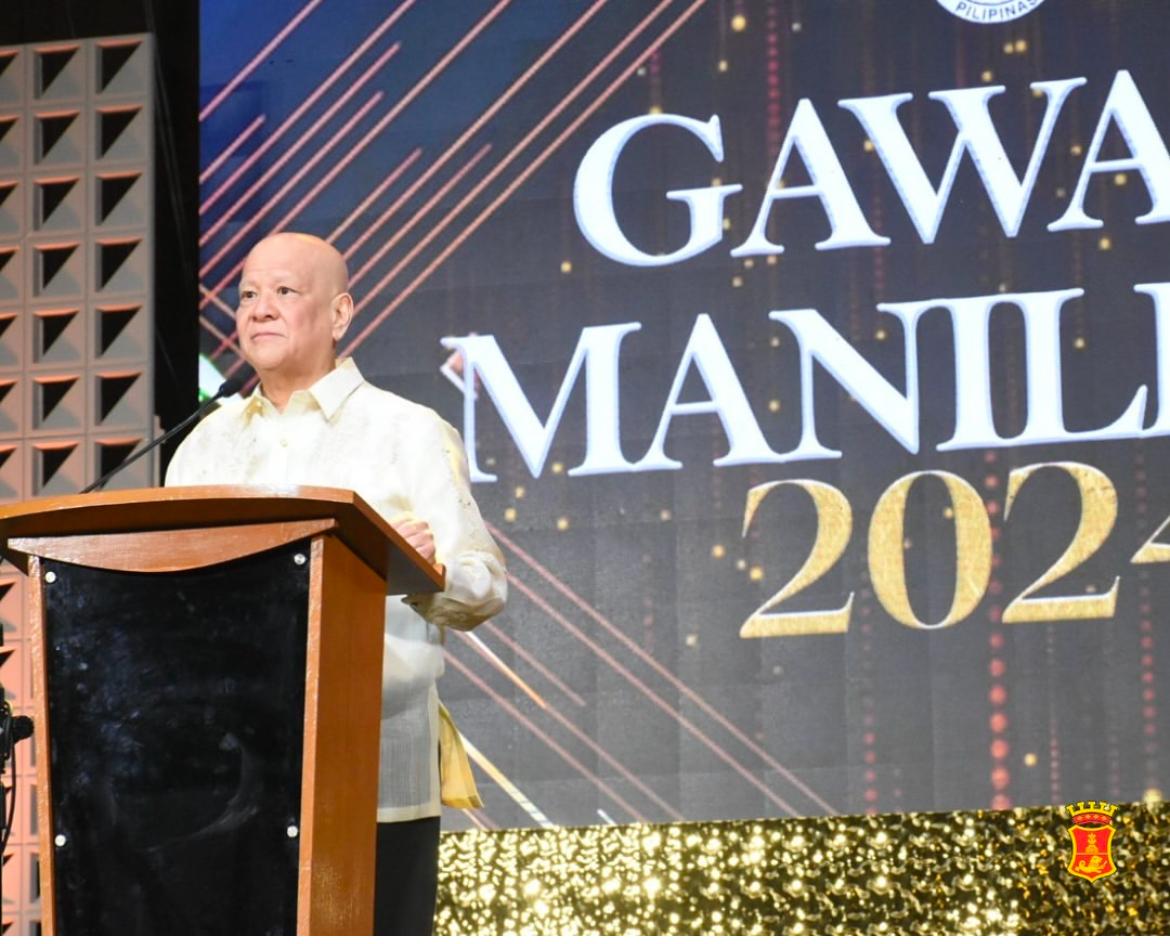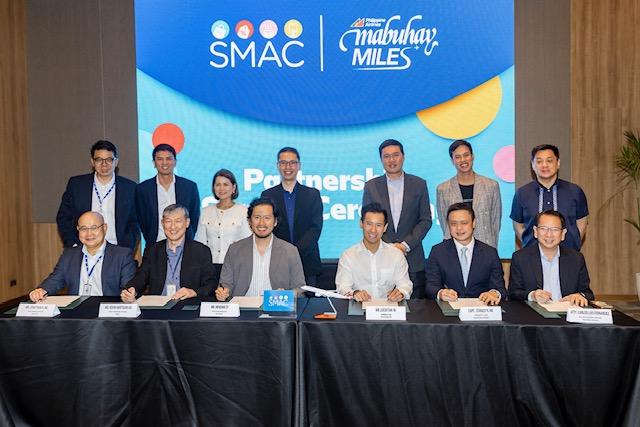WHAT’S worse than a bogus charity? A bogus charity with a dishonest fundraiser. The Federal Trade Commission (FTC) has sued and stopped dishonest charity fundraisers that called people to get them to donate to fake charities. Some prey on your kindness and desire to help people impacted by weather emergencies or a disaster. But when you get a call from a charity fundraiser, how do you know the caller is telling you the truth?
Here’s some advice:
- Ask the caller specific questions:
– What is the charity’s name, phone number, or address? Write these down so you can confirm them later. Keep in mind that many charity names sound alike, and that sham charities often use names that are sound and look like names of legitimate charities.
– How much of your donation will go directly to the programs you want to support?
– Will your donation be tax-deductible? Not every call seeking a donation is from a charity. Some calls might be from Political Action Committees or other groups where donations are not deductible. See more question to ask at https://consumer.ftc.gov/articles/giving-charity.
- Resist the pressure to donate on the spot. After you’ve listened to the caller, hang up the phone and think about what they said. Then, go online and do your own research:
– Search for the organization’s name and phone number, plus the word “scam” or “complaint.” What you find might help you decide if you want to make that donation.
– Look up the organization’s name and address. Does it show up? If it doesn’t, that could be a sign the caller was lying to you.
– See what these rating organizations say about the charity: BBB Wise Giving Alliance, Charity Navigator, Charity Watch, and Candid.
If you get a donation request in the mail, do some research online before you donate. And if you spot a charity scam, report it to the FTC at ReportFraud.ftc.gov.
(Atty. Rosario Mendez/Division of Consumer and Business Education, FTC)






